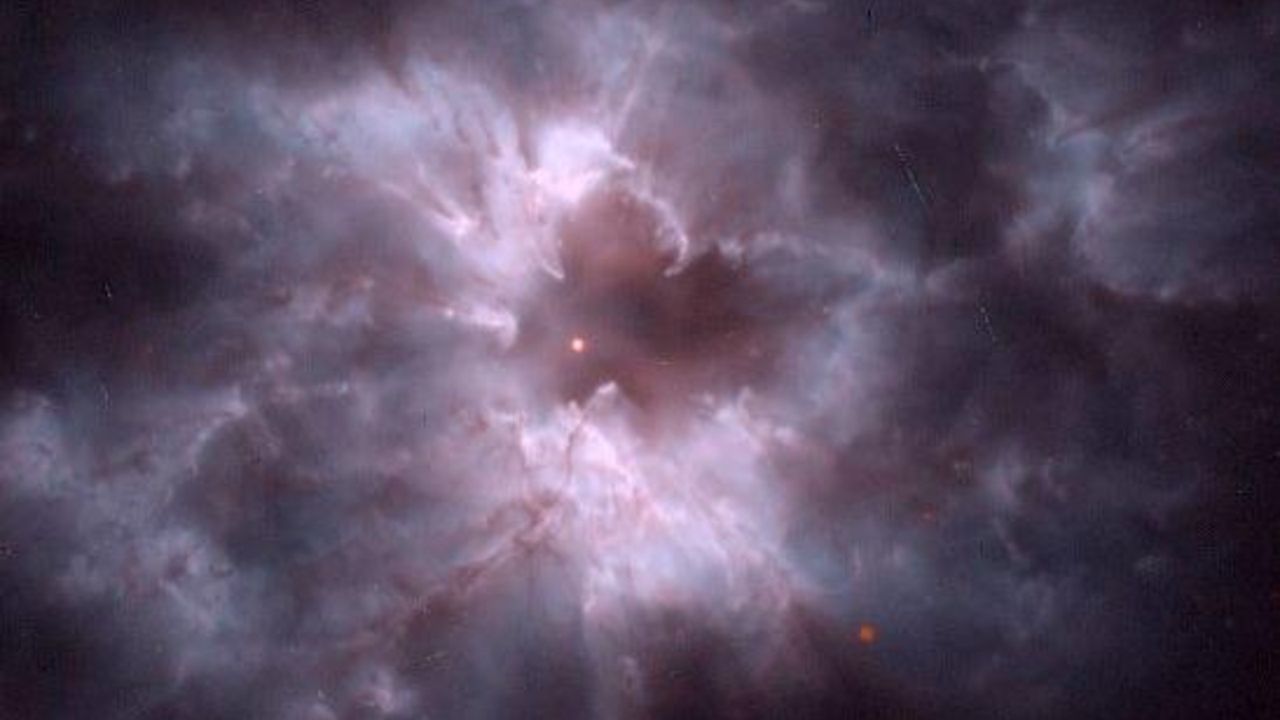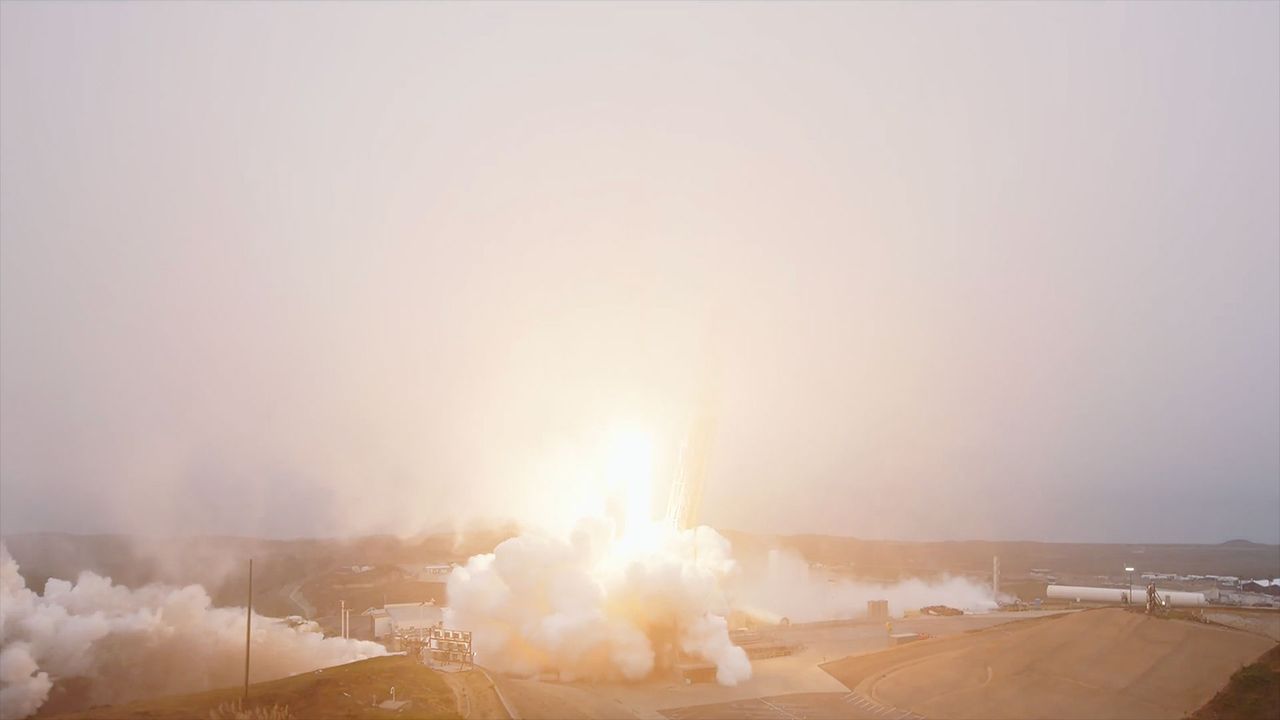Now Reading: Could White Dwarfs Host Alien Oceans and Life?
-
01
Could White Dwarfs Host Alien Oceans and Life?
Could White Dwarfs Host Alien Oceans and Life?

Fast Summary
- White Dwarf Finding: When stars like teh Sun die, they transform into white dwarfs after a red giant phase. thes dense remnants compress half the star’s mass into a volume roughly Earth’s size.
- Potential for Life: Researchers, including Professor Juliette Becker, are intrigued by the possibility of life on planets orbiting white dwarfs. Such planets must endure challenges like extreme tidal forces and heat while possibly maintaining liquid water in habitable zones close to these stars.
- Challenges to Habitability: White dwarf habitable zones are much closer than those around typical stars due to their faint luminosity. Issues such as tidal heating and atmospheric stability could prevent water from sustaining life on orbiting planets.
- Detection struggles: Earth-like planets around white dwarfs are hard to detect using customary methods (e.g., transit technique) due to their small host star size. Advanced telescopes like James Webb may provide breakthroughs in detection strategies.
- Implications for Astrobiology: If habitable exoplanets are discovered around white dwarfs, it broadens possibilities for life in post-stellar environments across billions of such remnants.
Indian Opinion Analysis
The scientific exploration surrounding white dwarf systems reflects humanity’s relentless pursuit of answers regarding extraterrestrial life. For India-a nation investing significantly in space science through organizations like ISRO-such findings highlight potential avenues for collaborative international research using advanced observatories and technology adaptations suited to novel planetary environments.
Furthermore, this research reinforces the need for continued engagement with global astronomy initiatives, notably those targeting exoplanet discoveries (for instance: India’s role in upcoming projects studying atmospheres through spectroscopy). From an educational standpoint, discussions about planetary habitability challenge perceptions limited by proximity assumptions (Earth-like conditions requiring ‘sun-type’ energy sources), fostering broader enthusiasm toward cosmological mysteries among students and policymakers alike.
India’s expanding capabilities can pivot towards deeper investigations in astrobiology as these endeavors advance a global quest-understanding life’s potential beyond Earth-and exemplify intellectual commitment across borders. Long-term impacts may integrate new frameworks focused similarly enhancing resource management/astro-access balancing under ethical thoughtfulness solutions bridging interplanetary economy diversity stewardship interpretations constants thriving Earth-designed built-science helping wishes globally harmonized.
Read More: link




























